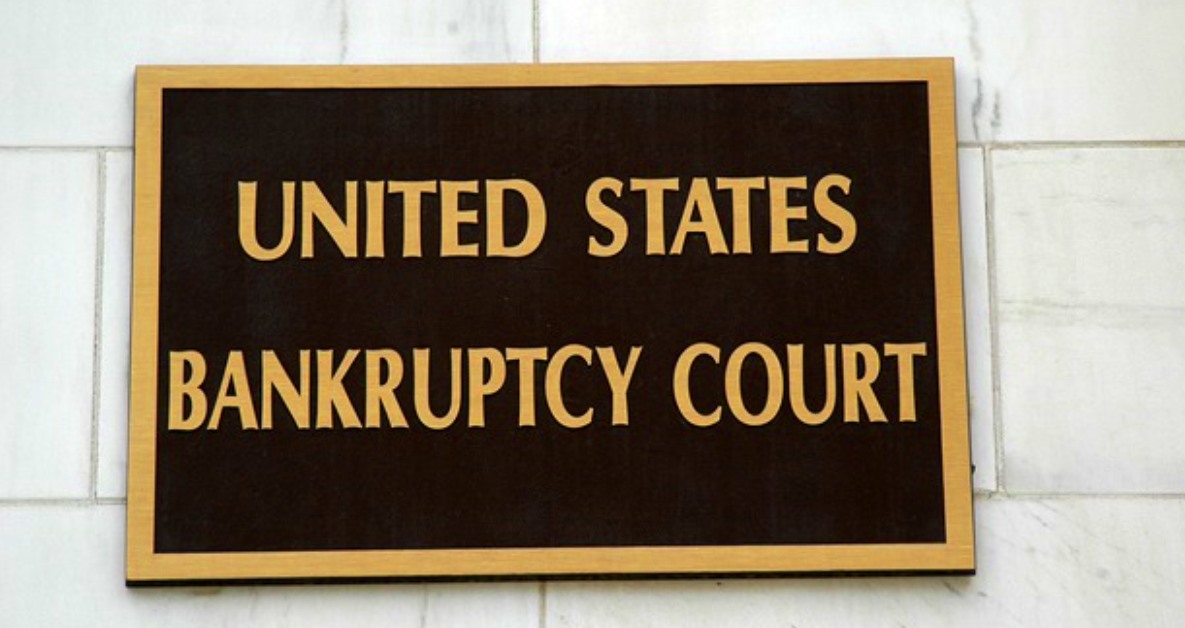
Generally speaking, when a debtor or trustee in bankruptcy seeks to sell certain assets, a secured creditor has a right to “credit bid” the secured portion of its claim.
Section 363(k) of the Bankruptcy Code provides that a creditor with a lien on assets to be sold outside the ordinary course of business under section 363(b) may credit bid its “allowed claim” at the sale, “unless the court for cause orders otherwise.” For all practical purposes, one can consider a credit bid like an offset of a claim against the collateral’s purchase price.
Denial of Credit Bid in Figueroa
That said, there are instances in which a bankruptcy court may deny such right as pointed out by the U.S. Bankruptcy Court for the Central District of California in In re Figueroa Mountain Brewing, LLC, No. 9:20-bk-11208-MB, 2021 WL 2787880 (Bankr. C.D. Cal. July 2, 2021). In Figueroa Mountain, the Debtor had objected to the secured claim of its lender asserting among other things that the loan was usurious, the lender controlled the debtor with the intent of taking it over, the lender would be unjustly enriched if the loan was repaid, and the lender had unclean hands. As such, the debtor sought to re-characterize the loan by subordinating it to other claims, avoiding the loan all together and finding that any payments made pre-petition were either a preference or a fraudulent transfer. The debtor further sought damages.
Even though the claim had not been adjudicated, the Bankruptcy Court found a bona fide dispute existed and thus there was a sufficient objective basis to support the debtor’s allegations that, among other things, its loan agreement and all payments made by the debtor under it were fraudulent transfers and that the lender had dominated and controlled the debtor. For these reasons, the court denied the creditor’s right to credit bid a bankruptcy sale.
The issue comes down whether there are “bad facts” that would support a finding that good cause exists to deny the creditor the right to credit bid the value of its collateral. Examples that may give rise to a creditor being denied its right to credit bid may include (a) whether there were issues pertaining to the validity of the claim, (b) whether there was fraudulent conduct, (c) whether the claim has been properly perfected, (d) whether the creditor engaged in inequitable conduct such as controlling the debtor, and (e) whether the creditor actively frustrated the competitive bidding process and attempted to depress the sale price of the debtor’s’ assets. In some instances, instead of completely denying the right to credit bid, courts will simply limit the amount in which the creditor can credit bid.
What makes Figueroa Mountain so unique is that the court outright denied the lender’s right to credit bid without a full adjudication of the merits. Nevertheless, it appears enough evidence of “bad facts” was presented to give rise to the court’s findings.
The takeaway from Figueroa Mountain, and the cases that preceded it, is: if there are enough bad facts that could call into question the validity of a secured creditor’s claim, a bankruptcy court may very well find an exception to the general rule allowing a creditor to credit bid the value of its collateral in the event of a bankruptcy sale.

